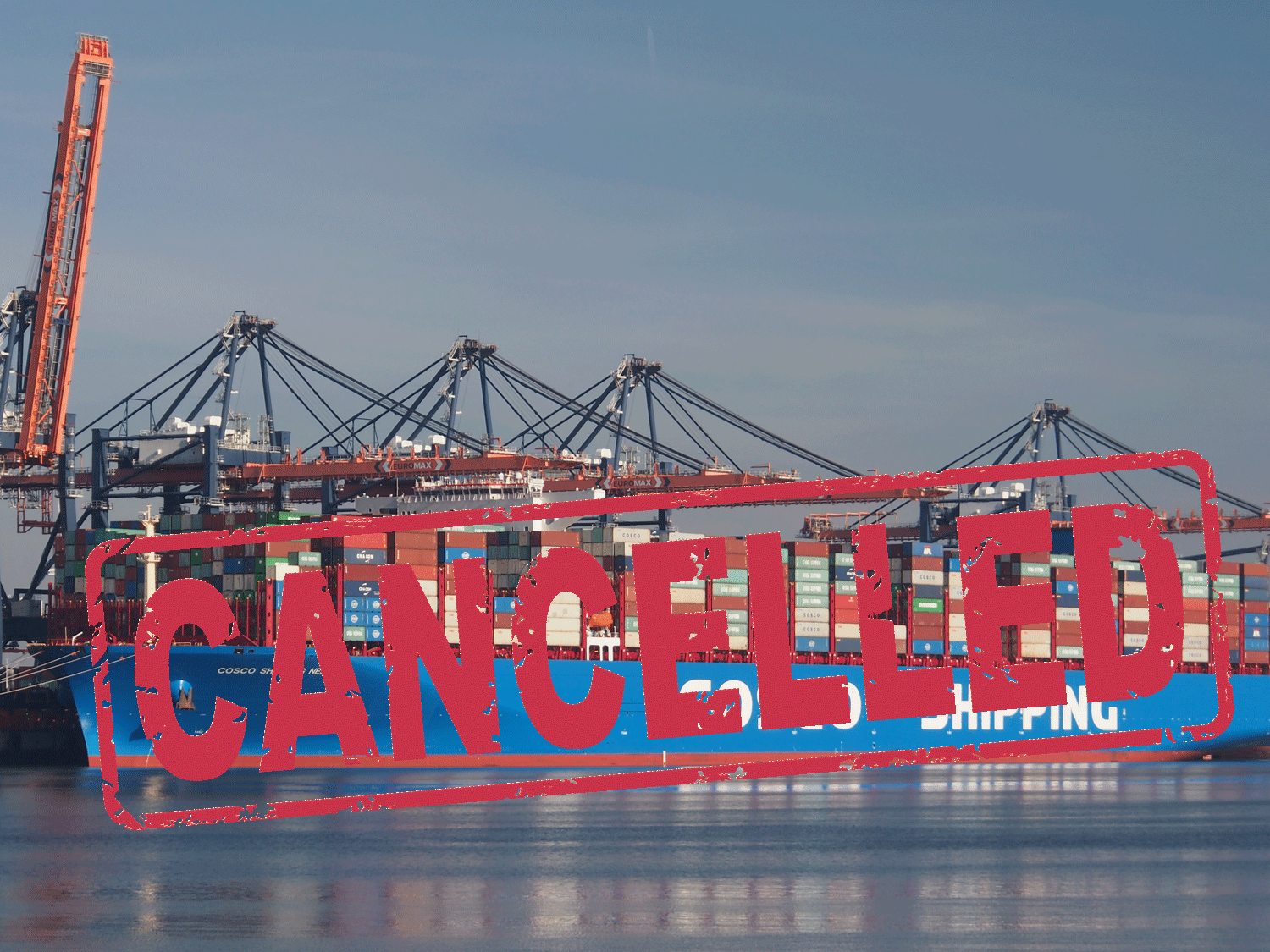Container shipping schedule reliability improved for the second consecutive month in April 2025, reaching its highest level since November 2023. According to the latest industry data, 59% of vessel arrivals were on time in April, up from 58% in March and 6% higher than April 2024.
While still far from pre-pandemic levels, the trend reflects a clear focus among carriers on restoring service integrity.
The standout performer remains the Gemini Cooperation, formed by Maersk and Hapag-Lloyd, which continued to dominate on-time performance metrics across key global trades. In April, Maersk posted the highest reliability among the top 13 carriers at 73%, followed closely by Hapag-Lloyd at 72%. MSC placed third with 61%.
Gemini achieved an average of 91% on-time reliability across all port calls and 87% when measured by final destination arrivals, well above its 90% performance target on several major lanes, including Asia–US West Coast and US East Coast–Europe services. On the Asia–North America West Coast route, Gemini achieved a perfect 100% score. Meanwhile, MSC led on the Asia–North America East Coast trade, recording 92%.
At the other end of the spectrum, the Premier Alliance and Ocean Alliance continued to struggle. Premier averaged 53% reliability, while Ocean Alliance fell to 51%. Among individual members, Evergreen recorded the lowest schedule performance at 47%.
Market impact of improving reliability
Improving schedule reliability is more than just operational, it’s strategic. Consistent service performance enables shippers to reduce safety stocks and better manage inventory, improving overall supply chain efficiency. Simply, reliability allows companies to remove weeks of buffer stock from their planning.
In contrast, low-reliability carriers may find themselves at a competitive disadvantage, particularly if freight buyers begin to prioritise predictability over price alone in an increasingly complex market environment.
Rates hold firm as carriers manage capacity
As we report in this week’s newsletter average global spot freight rates have also shown moderate upward movement. The Drewry World Container Index reported a 2% rise in global average rates in mid-May, bringing the benchmark to a level that is 60% above the pre-pandemic average, but still far below the 2021–22 peak.
Shanghai–Genoa and Shanghai–New York spot rates both increased by 4% week-on-week, while Shanghai–Los Angeles edged up 2%. Backhaul rates out of Europe remained stable, indicating strong front-haul demand and tight outbound capacity from Asia.
The rate resilience is partly attributed to carriers’ continued capacity discipline and their renewed focus on reliability. As cargo volumes from Asia increase, partly driven by front-loading ahead of potential tariff changes, shippers are placing greater value on stable schedules and transit times.
With the full rollout of the new alliances not expected until July, further improvements in reliability may still lie ahead. For now, Gemini’s strong performance is setting a new service benchmark, while the broader market appears to be shifting in favour of predictability and performance over sheer price competition.
With carrier reliability still fluctuating across trade lanes, dependable sea freight solutions requires more than just a booking, it requires real-time insight and agility. Metro’s MVT platform continuously tracks shipping line KPIs, comparing actual performance across alliances and enabling us to dynamically adjust your supply chain around real arrival data, not published schedules.
Combined with our expert sea freight team and strategic carrier partnerships, this data-driven approach helps reduce delays, optimise inventory planning, and protect your service levels.
Partner with Metro for smarter, more reliable ocean freight, powered by MVT and built around your business. EMAIL Andrew Smith, managing director, today.





